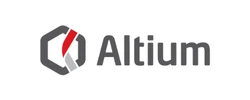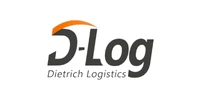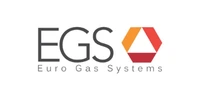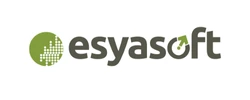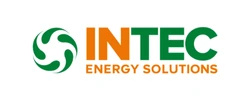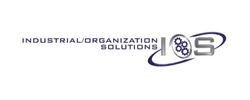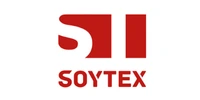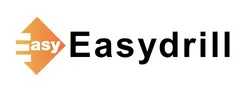Corporate Income Tax Support
Rates, Filing & Compliance
Introduction
Corporate income tax (CIT) is the core profit tax for companies in Azerbaijan. This guide explains who pays, the 20% rate, filing timelines, deductions, loss rules, audits, and penalties—so you stay compliant and protect profits.
Corporate Income Tax: Scope & Rate
CIT applies to profits earned by Azerbaijani legal entities and foreign companies with a permanent establishment (PE) in Azerbaijan. The standard rate is 20% on taxable profit (income minus deductible expenses).
Who Pays CIT?
- Resident companies: worldwide income sourced to Azerbaijan tax rules.
- Non-residents with a PE: profits attributable to the PE in Azerbaijan.
- Non-residents without a PE: generally taxed via withholding on certain Azerbaijan-sourced income (see our DTA pages for treaty relief).
Tax Base & Deductible Expenses
Taxable profit equals accounting profit adjusted by tax rules. Typical deductible items include ordinary and necessary business costs, depreciation/amortization, certain professional fees, and confirmed bad debts. Non-deductible items may include fines and expenses not linked to income generation.
Losses & Carry-Forward
Tax losses can be carried forward subject to local limitations. Maintain clear documentation to support the timing and amount of any loss utilization.
Filing Calendar & Payments
- Quarterly provisional filings/payments: based on year-to-date results.
- Annual return: filed after year-end within the statutory deadline.
- Final settlement: top-up payment (or refund) after the annual return.
Accurate bookkeeping and timely reconciliations reduce audit risk and penalties.
Audits & Documentation
Keep ledgers, contracts, invoices, PE attributions, and supporting schedules for deductions and losses. Prepare audit-ready files (trial balance, working papers, reconciliations) to streamline inspections.
Penalties & Common Pitfalls
- Late filing or payment penalties and interest.
- Disallowed expenses due to missing documentation.
- Incorrect PE profit attribution for foreign companies.
A pre-year-end check (tax forecast) helps identify adjustments before closing.
How ACON Helps with CIT
- Quarterly and annual CIT compliance (calculations, filings, payments).
- Expense review for deductibility and loss-utilization planning.
- PE analysis for foreign companies and profit attribution support.
- Audit defense pack preparation and representation.
- Coordination with related areas (link out: our VAT guidance,
treaty overviews).
Conclusion
Corporate income tax in Azerbaijan is straightforward when you align your books, documents, and timelines with tax rules. If you need a clean compliance setup—or a second opinion—our team can help.
👉 Contact ACON Consulting for CIT filing and audit-ready support.
Corporate Income Tax — FAQ
What is the corporate tax rate in Azerbaijan?
The standard CIT rate is 20% on taxable profit.
Do foreign companies pay CIT?
Yes—if they have a permanent establishment (PE) in Azerbaijan. Profits attributable to the PE are taxed at 20%.
How often do I file?
Quarterly provisional filings/payments and one annual return after year-end.
Are all expenses deductible?
Only expenses connected to income generation and supported by valid documents; some items (e.g., fines) are non-deductible.
Can I carry forward losses?
Yes, subject to local rules. Keep documentation to substantiate amounts and timing.
Services You May Need:
Your
ACON Team

ACON
Clients











